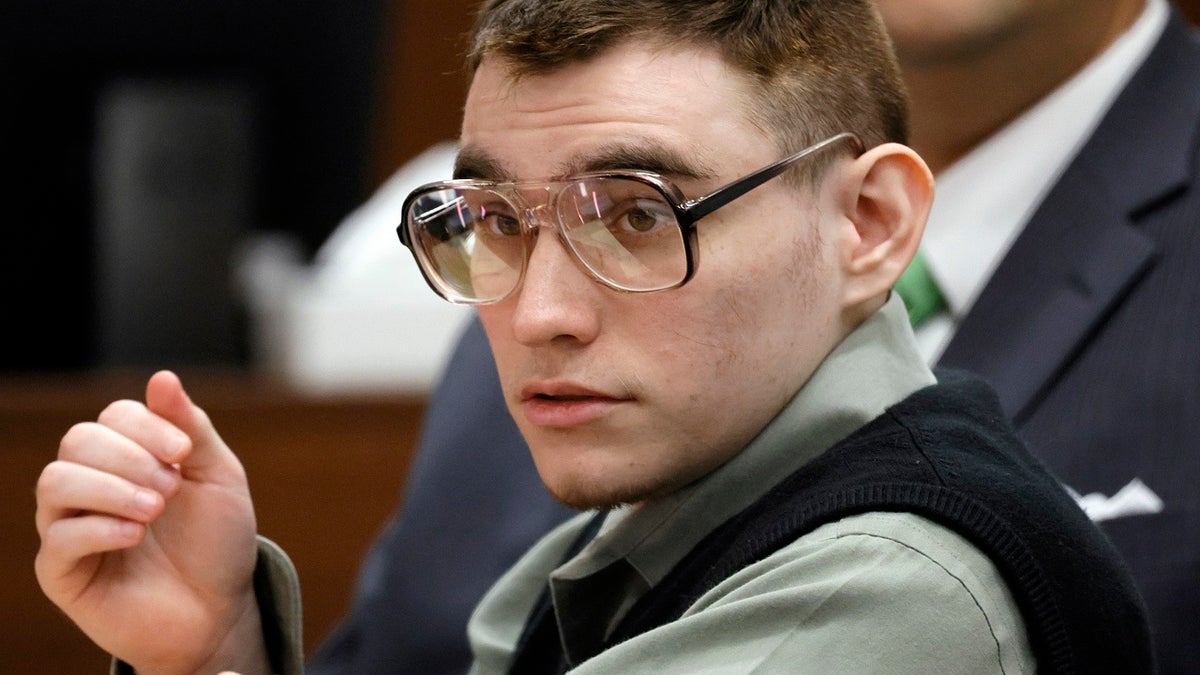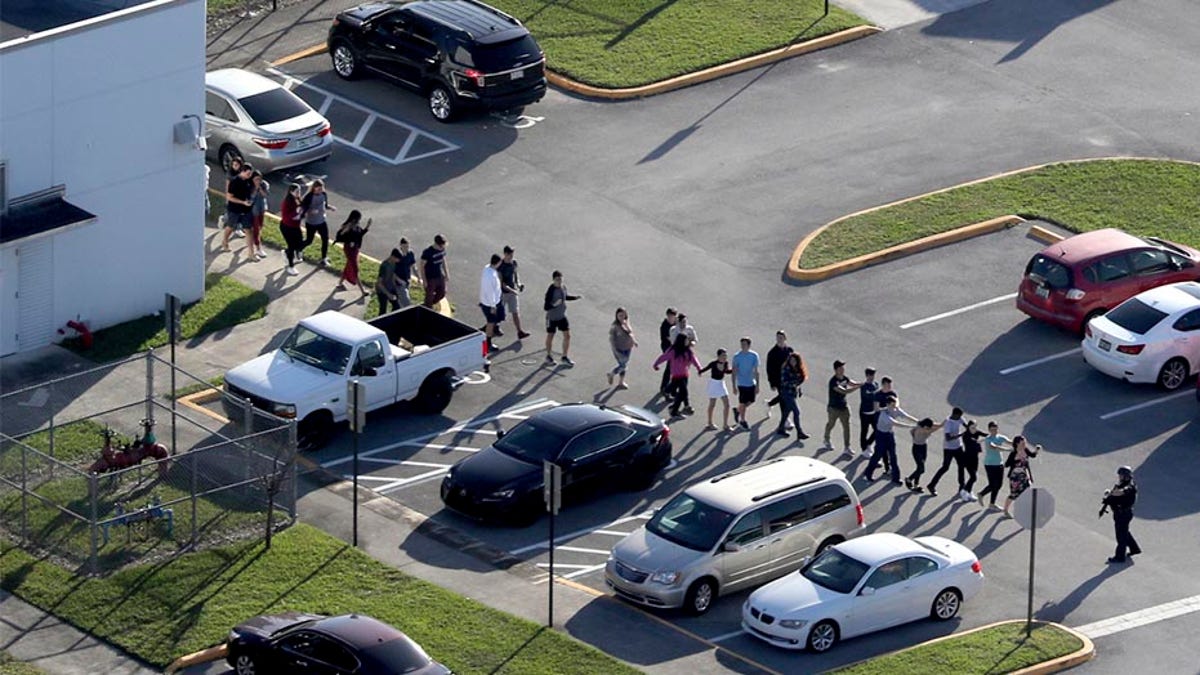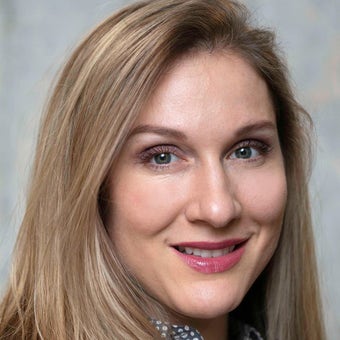Parkland school shooter Nikolas Cruz addresses court after guilty pleas
Nikolas Cruz says the victims and their families of the 2018 shooting at Marjory Stoneman Douglas High School in Parkland, Florida should decide whether he lives or dies.
Florida school shooter Nikolas Cruz is so delusional, he thinks he will get out of prison at some point, according to a mental health expert hired by the defense team.
Cruz, 23, pleaded guilty to 17 counts of first-degree murder in October for opening fire on students with an AR-15-style rifle at Marjory Stoneman Douglas High School on Feb. 14, 2018.
His penalty trial, which will determine whether he's sentenced to death or life without parole, is underway in the Broward County Courthouse, in Fort Lauderdale.
Wesley Center, a Texas counselor, said he realized Cruz had "irrational thoughts" last year when the gunman began chatting about his future outside prison, according to a transcript.

Marjory Stoneman Douglas High School shooter Nikolas Cruz during his penalty trial in the Broward County Courthouse in Fort Lauderdale, Florida. (Amy Beth Bennett/South Florida Sun-Sentinel via AP, Pool, File)
"He had some sort of epiphany while he was in (jail) that would focus his thoughts on being able to help people," Center told prosecutors during a pretrial interview this year. "His life's purpose was to be helping others."
Prosecutors rested their case Aug. 4 after presenting emotional evidence for three weeks, arguing for the death penalty.
After a week-long break, the trial resumed Monday with hearings to determine whether brain scans and other tests will be admitted as part of the defense case when it begins Aug. 22.
Center conducted quantitative electroencephalogram, also known as qEEG, which measures a patient's brainwaves and compares them to a database of normal people.
PARKLAND SCHOOL SHOOTER NIKOLAS CRUZ SLURPED ON AN ICEE AFTER MASSACRE: WITNESS

Broward Circuit Judge Elizabeth Scherer is presiding over Nikolas Cruz's death penalty trial. (Mike Stocker/Reuters)
Results from qEEG analysis are not used to make a diagnosis but to bolster what's already known about a patient.
The defense contends that Cruz suffered from fetal alcohol syndrome and doesn't have a "neurotypical" brain – a mitigating factor in the massacre of 14 students and three staffers.
PARKLAND SCHOOL SHOOTING TRIAL: ‘THINGS ARE ABOUT TO GET BAD,' GUNMAN WARNS STUDENT
His late birth mother abused alcohol and cocaine when she was pregnant, according to court filings.
Prosecution expert Dr. Charles Epstein, a neurology professor at Emory University, reviewed Center's analysis and called it "garbage in, garbage out."

Students are evacuated by police from Marjory Stoneman Douglas High School in Parkland, Florida, Feb. 14, 2018, after a mass shooting that left 17 dead. (AP/South Florida Sun-Sentinel)
Judge Elizabeth Scherer, who is overseeing her first death penalty case, will ultimately determine whether the qEEG data comes in.
Even without the test, defense lawyers are expected to present evidence of Cruz's troubled upbringing and his alleged mental illness.
CLICK HERE TO GET THE FOX NEWS APP
He was expelled from preschool for hurting other children, suffered sexual abuse, tortured animals, cut himself and witnesses his father's death from a heart attack, according to court papers.
The Associated Press contributed to this report.










































